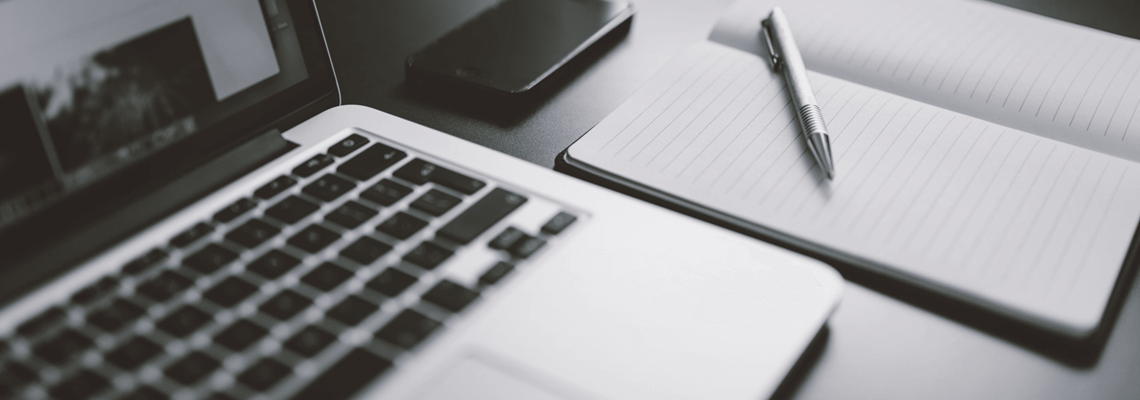
BEWARE OF FAKE CHECKS
![]() You have responded to a work-at-home offer in which you will be an account manager for a foreign company. One of your responsibilities is depositing checks it receives from its U.S. customers. It seems simple: You deposit the checks, take your pay out of them, and send the remainder to the foreign company or agent overseas.
You have responded to a work-at-home offer in which you will be an account manager for a foreign company. One of your responsibilities is depositing checks it receives from its U.S. customers. It seems simple: You deposit the checks, take your pay out of them, and send the remainder to the foreign company or agent overseas.
Won a Sweepstake
Or . . . you have reason to believe you have won a sweepstake or lottery prize. You receive a check for your winnings, with instructions to cash it, then return a portion of the money to cover taxes or other fees. Or . . . having sold something through a newspaper ad or online, you receive a check for much more than the purchase price. Calling it an accounting error, the buyer apologizes for the mistake and asks that you return the excess amount.
Activate Your Fraud Antennae
If these scenarios activate your fraud antennae, there is a good reason for that. Each is a typical example of circumstances in which people are victimized by fake checks. This is a growing problem, perhaps because of the ways in which strangers are brought together for by new technologies and the Internet. If there is a single best piece of advice for not becoming a victim, it is to accept no check if it is accompanied by a request that you return some of the money.
The Sting from The Scam
It occurs when you the victim deposits the check you receive. Then you withdraw funds and send money or merchandise before you or your bank discover that the deposited check is fraudulent. Even when your bank is vigilant, that discovery could take days or even weeks. Your first reaction might be to blame your bank. However, you the depositor are on the hook. Since you are considered to have taken responsibility for the funds spent or sent before the fraud is discovered.
Warning Flags Worth Considering
In addition to the big red flag in the form of being asked to return part of the money sent by check to you, here are some more warning signs and protective measures:
Wait until The Funds Are Good.
Upon receiving a check from a stranger. Explain the situation to your bank manager and ask the manager when the check is likely to be considered “good”. Then wait until you get that go-ahead before using the funds. If in the meantime, the check writer pesters you about the delay…That may just be one more sign that you were targeted to be a fake check victim.
Suspect the Circumstances
Scam artists are often clever and skillful, making it difficult to detect a false check from a ‘real’ check. This makes it all the more important to pay attention to, and to be guided by, suspicious circumstances. Some of these include offers that defy common sense. If you really won a prize, wouldn’t they just deduct taxes or fees from the check for your winnings up-front? Being asked to send money outside of the U.S. (thus making it harder to find the culprit and the money)? Finally, being warned by the sender not to discuss the transaction with anyone else?
Use only Verifiable Funds
Consider accepting payment not by personal check or wire transfer, but only in the form of a money order or a cashier’s check drawn on a local bank. Do so, in order, so you can take it there to ensure that it is legitimate. Another option is a money order from the U.S. Postal Service.
Attempt to Identify Who You Are Working With
Especially when dealing with a stranger over the Internet, try to confirm the person’s name, address, home phone number, and work numbers through some independent means, such as directory assistance or an online database.
If the worst happens…
If the worst happens, and you have reason to believe that you have been ‘had’ by the writer of a fake check, contact your bank and the local field office of the FBI. Then resolve to keep an eye out for the red flags next time.